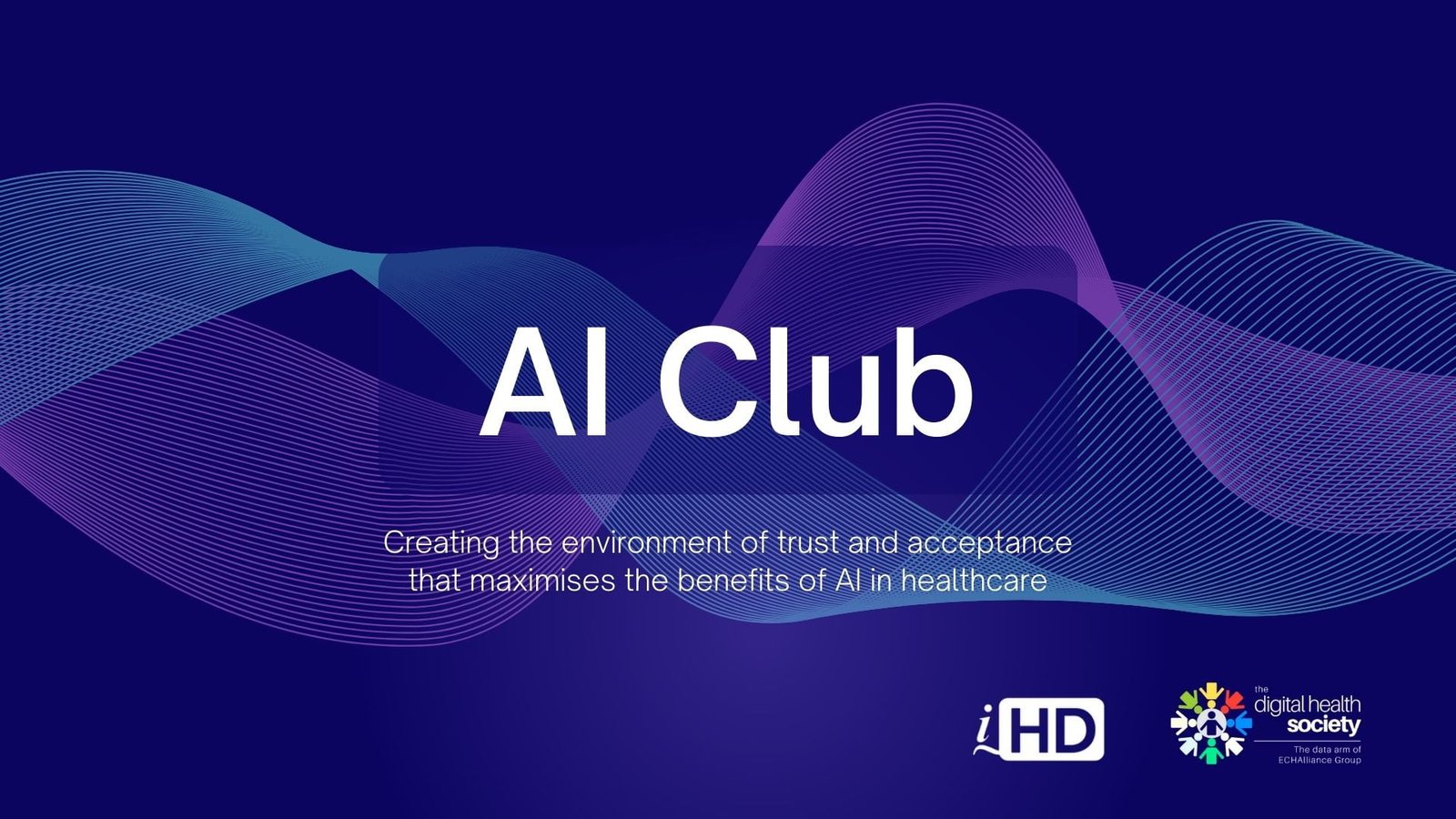The club examined the baseline of AI in healthcare and the thematic areas that require further progress via expert consensus. The group examined the current landscape, and selected four high priority areas:
| Theme 1 – Use Cases and Evaluation for Healthcare AI | Theme 2 – AI Explainability for Citizens |
|---|---|
| Theme 3 – AI Competencies and Education in Healthcare | Theme 4 – Safety and Bias in Healthcare |
To Implement AI applications in healthcare necessitates rigorous and continuous evaluation, acknowledging that a “one-size-fits-all” is unlikely to work. Evaluations must be at the same time context-specific, application-specific and determined by predefined objectives. Therefore, to optimize AI’s utility in healthcare, a methodologically sound, context-sensitive, and historically informed approach is paramount. A focus on creating evidence frameworks for efficacy are required.
Greater investments into research and standards specifying requirements for the design, implementation, evaluation, and documentation of AI explainability (understandability) must be made globally. Legal frameworks and ethical frameworks particularly required to achieve safe scale and pace of deployment.
Both professional groups and citizens require education to leverage, understand and trust in AI solutions. Much of the work to date globally has focused on professionals working in health-related AI but those working in policy, leadership, and the citizen themselves must not be forgotten.
AI holds great potential, but it must be governed to ensure fairness, privacy, transparency, responsibility, and patient safety for it to be trusted by all patients regardless of gender, race, location, or demography. Allowing the peer review and open critique of algorithms and the data they are trained upon would inform future developers of AI to be aware of the pitfalls of existing biased training datasets.
In summary the AI club members have identified a need for international collaboration on standards around AI including the governance of AI, safety regimes, empirical evidence frameworks and best practice for practical implementation. It was also noted that competencies and skills are likely to be a rate limiting factor in progress unless opportunities to gain practical skills are created for professionals and citizens alike.

